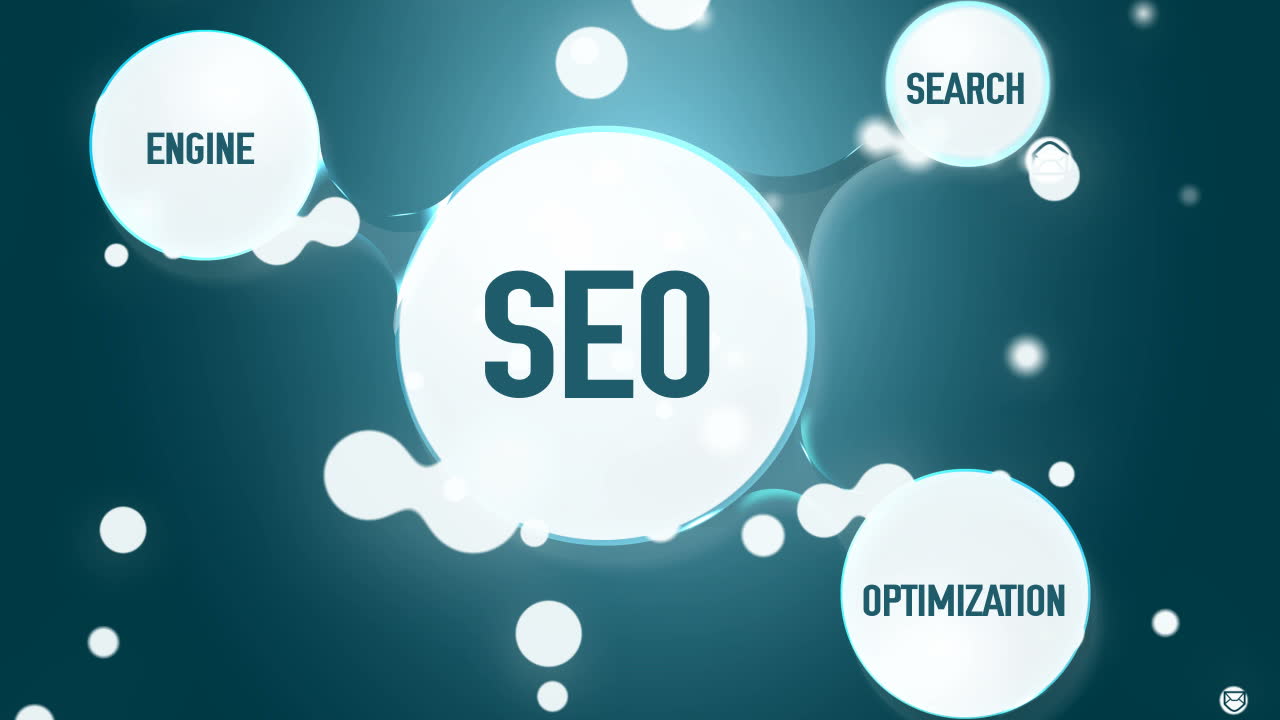Although trends most certainly come and go in the world of marketing, the fact remains that SEO is here to day. From capturing new leads to ensuring that you can attract an audience via Google, growing your online presence should be a matter of “how soon” versus “if” for those launching a site in 2017.
That being said, you can’t rely on the SEO and marketing tactics of decades past if you hope to succeed today. Times and users have changed; meanwhile, businesses who fail to play by modern rules will find themselves facing a race to the bottom in terms of their on-site performance.
Whether you’re launching a new site or simply feel that your business is currently under-performing from a marketing perspective, keep the following must-do’s in mind to effectively grow your online presence.
Define Roles and Goals
Your marketing efforts mean little more than nothing without a plan; likewise, the first step to writing your marketing plan should be figuring out your internal roles and long-term goals. For example, consider how the following elements of your business contribute to your online performance as a whole, such as…
- Blogging, content creation and ideation
- Social media outreach and content promotion
- Technical optimization and keyword research
If you don’t know how you’re getting from Point A to Point B, chances are your plan is weak or nonexistent. By stepping up your project management to understand how you’ll reach your goals, you’ll have a much easier time getting there. For example, employing strategies such as a three-pillar organizational planning framework can help organize your good ideas internally and make them more actionable on-site.
Carve Out Your Keyword Plan
While there is no one-size-fits-all approach to coming up with a keyword strategy, you’re better poised for success when you target low-competition, long-tail and local keywords. Likewise, don’t simply write content for the sake of it: every piece you should produce should have some stake in your site’s SEO performance.
If nothing else, make sure that you’ve spent some quality time Google’s Keyword Planner to understand what you can realistically rank for and start there.
Don’t Neglect Design
Your site’s design and SEO performance go hand-in-hand. For example, consider the following elements of your site that ultimately determine whether or not your visitors will stick around the page or click your links:
- Mobile-friendly, responsive design that doesn’t leave mobile visitors out in the cold
- A lack of clunky visuals or pop-ups which could potentially slow down your site
- Effective UX design to ensure that your calls-to-action and color schemes are accessible to visitors
Invest in Analytics and Monitoring
If you’re not monitoring your site’s performance by the numbers, you’re ultimately gambling with your business online. Beyond Google Analytics, brand mention alerts and social monitoring tools are likewise important to understand what pieces of content are getting the most buzz. Over time, you can alter your content strategy based on data, using metrics to influence your content instead of the other way around.
Keen Attention to the “Small Stuff”
Some of the most significant aspects of SEO are right under our noses but are incredibly easy to ignore. On-page pieces such as H1 tags, title tags and meta descriptions, for example, can be potential SEO goldmines for those who take the time to optimize them for keywords and crucial terms. If you’re using WordPress, plug-ins such as Yoast can aid you with the optimization process without lifting a finger.
Remember: each of the aforementioned tips will ultimately ensure that your site is up to code with modern visitors. By following these steps and treating your site’s performance and marketing like a well-oiled machine, you only set yourself up for more traction and traffic.
…..
